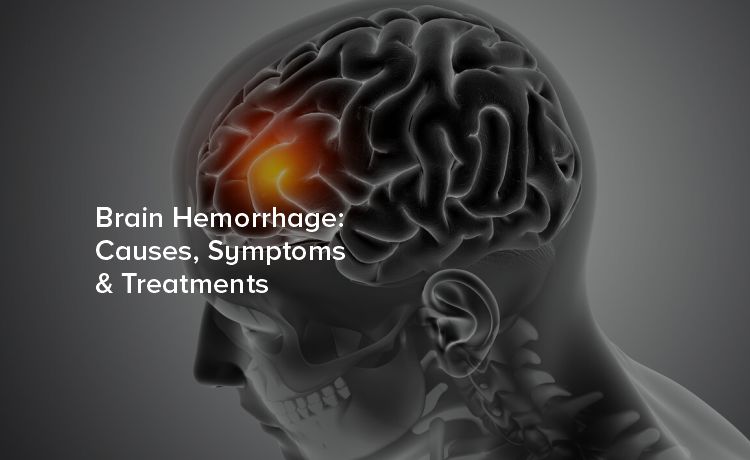
A brain hemorrhage, also known as a cerebral hemorrhage, is a type of stroke that occurs when an artery in the brain bursts, causing localized bleeding in the surrounding tissues. This bleeding kills brain cells and can lead to serious, life-threatening complications. Understanding the causes, recognizing the symptoms, and knowing the treatment options can be crucial in managing this condition effectively.
The causes of a brain hemorrhage can vary, ranging from high blood pressure and blood vessel abnormalities to head trauma and blood disorders. Some of the most common causes include:
High Blood Pressure (Hypertension): Chronic high blood pressure can weaken arterial walls, leading to a rupture.
Aneurysm: An aneurysm is a weak spot on a blood vessel wall that bulges and can burst, leading to a hemorrhage.
Blood Vessel Abnormalities: Conditions such as arteriovenous malformations (AVMs), which involve abnormal connections between arteries and veins, can result in bleeding.
Head Injury: Severe or traumatic head injuries can cause bleeding in the brain.
Blood or Bleeding Disorders: Conditions that affect blood clotting, such as hemophilia or anticoagulant medication misuse, can increase the risk of hemorrhaging.
Liver Disease: This condition can interfere with blood clotting and lead to increased bleeding risk.
Brain Tumors: Tumors in the brain can lead to bleeding if they cause erosion and rupture of the surrounding blood vessels.
The symptoms of a brain hemorrhage can vary depending on the location of the bleeding, the severity of the bleed, and the amount of tissue affected. Common symptoms include:
It's important to note that symptoms can come on suddenly and escalate quickly. Immediate medical attention is crucial for anyone experiencing these symptoms.
Treatment for a brain hemorrhage aims to stop the bleeding, reduce pressure in the brain, and minimize damage to brain tissues. Options can include:
Medication: Drugs can be used to control blood pressure, prevent seizures, and reduce any swelling in the brain.
Surgery: In some cases, surgical intervention may be necessary to remove the blood clot, repair damaged blood vessels, or relieve pressure on the brain.
Rehabilitative Therapy: Post-treatment, physical, occupational, and speech therapy can help individuals regain lost functions and learn to cope with any permanent disabilities.
While not all brain hemorrhages can be prevented, certain lifestyle changes can reduce the risk:
Manage Blood Pressure: Keeping blood pressure in a healthy range is crucial.
Avoid Smoking: Smoking can damage blood vessels and increase the risk of bleeding.
Limit Alcohol Consumption: Excessive drinking can lead to liver failure and increase the risk of hemorrhage.
Healthy Diet and Exercise: A balanced diet and regular exercise can contribute to overall vascular health.
A brain hemorrhage is a serious medical condition that requires immediate attention. Recognizing the symptoms early and seeking prompt medical care can significantly improve the chances of recovery. By understanding the causes and risks associated with brain hemorrhage, individuals can take steps to prevent its occurrence and mitigate its impact. Dr Rajesh Reddy Sannareddy is the best neurosurgeon in Hyderabad. To book an appointment, call us on – 040 – 67191919.